Physics
-
 Physics
PhysicsThe world’s fastest microscope makes its debut
Using a laser and an electron beam, the microscope can snap images of moving electrons every 625 quintillionths of a second.
By Skyler Ware -
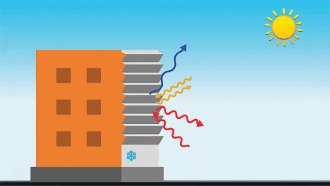 Climate
ClimateZigzag walls could help buildings beat the heat
A corrugated exterior wall reflects heat to space and absorbs less heat from the ground, keeping it several degrees cooler than a flat wall.
-
 Physics
PhysicsPaper cut physics pinpoints the most hazardous types of paper
Dot matrix printer paper is the most treacherous, physicists report. Magazine paper comes in second.
-
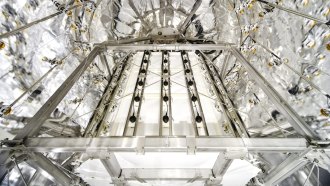 Particle Physics
Particle PhysicsDark matter experiments get a first peek at the ‘neutrino fog’
The hint of fog marks a new way to observe neutrinos, but points to the beginning of the end for this type of dark matter detection.
-
 Chemistry
ChemistryA new element on the periodic table might be within reach
Scientists made the known element 116 with a beam of titanium atoms, a technique that could be used to make the undiscovered element 120.
-
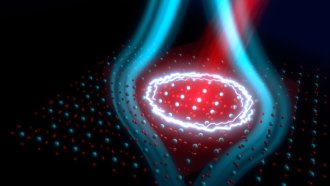 Physics
PhysicsCan light spark superconductivity? A new study reignites debate
Brief blasts of light might make some materials into fleeting superconductors. Magnetic measurements strengthen the case for this controversial claim.
-
 Materials Science
Materials ScienceJurassic Park’s amber-preserved dino DNA is now inspiring a way to store data
DNA is capable of encoding all sorts of data. Storing it in an amberlike material may keep that information safe for nearly forever.
By Payal Dhar -
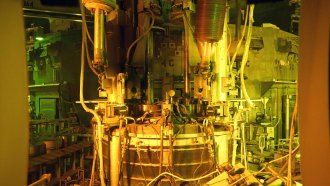 Physics
PhysicsAdvanced nuclear reactors need a different type of uranium. Here’s 4 things to know
The nuclear fuel of the future may be HALEU, high-assay low-enriched uranium. But questions about the material remain.
-
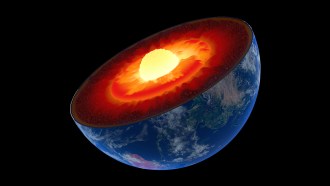 Earth
EarthSomething weird is happening to Earth’s inner core
A new study claims to confirm that the inner core is now rotating more slowly than it was over a decade ago, but some researchers remain skeptical.
By Nikk Ogasa -
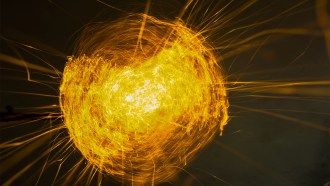 Physics
PhysicsA black hole made from pure light is impossible, thanks to quantum physics
A “kugelblitz” is a black hole made of concentrated electromagnetic energy. But it’s not possible to make one, according to new calculations.
-
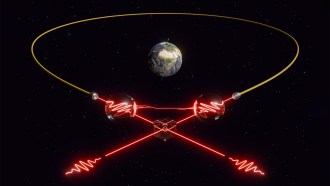 Quantum Physics
Quantum PhysicsPhysicists measured Earth’s rotation using quantum entanglement
The experiment is a step toward testing how quantum physics interfaces with gravity.
-
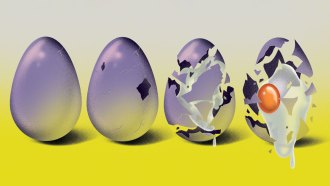 Physics
PhysicsThe second law of thermodynamics underlies nearly everything. But is it inviolable?
Two centuries on, scientists are still seeking a proof of the Second Law and why heat always flows from hot to cold.